Bread may seem like an unlikely tool in one’s arsenal when going through the menopause but Charlotte Blackler, founder and creator of the Mena food range, is hoping to change that.
“My vision is to continue to develop innovative and sustainable food that’s available to millions of women, as nutrition and diet play such a fundamental role in maintaining longer, healthier lives,” she explains. “Mena is the first functional food range to support ladies during menopause and peri menopause using natural plant oestrogens to counterbalance the drop in biological oestrogen.”
The idea behind the range, which includes a crusty sourdough loaf called Mena Bread, came from observing the cultural differences on how menopause is experienced by people across the globe.
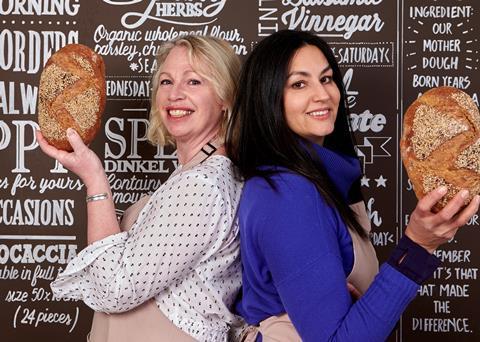
“Japanese women eat greater levels of plant oestrogens or phytoestrogens which are naturally found in a vegetable and soy-rich diet, and this has proved to be the key to a symptom free menopause,” notes Blackler, who is a scientist and keen herbologist.
Plant oestrogens, she explains, offer a natural alternative to hormone replacement therapy (HRT) thanks to their similar chemical structure to oestrogen.
“Aware that not many of us in the West are unlikely to embrace a daily helping of tofu, I created a range of foods that make it easy for women to incorporate plant oestrogens into their diet with everyday staples such as Mena Bread, breakfast cereals and Mena snack bars.”
Mena Bread – a loaf rich in plant oestrogens thanks to the addition of soya – is a key part of the range. To create it, Blackler partnered with her friends Francesca Polegato and Denis Casella at the Perth-based multicultural artisan bakery Casella & Polegato.
Here, the loaf is handcrafted by master baker Casella using a combination of wholemeal, white, malthouse, rye and soya flour – giving it a “malty, rye” flavour – as well as water, soya milk, olive oil and miso paste. A selection of seeds, salt and edible flowers are added for nutrition and flavour.
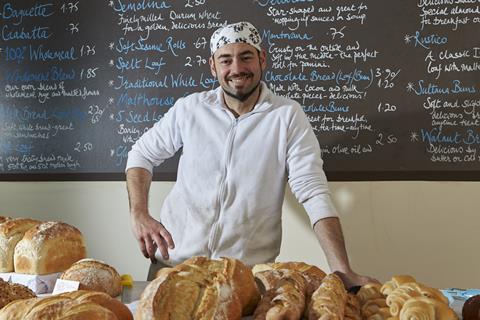
“Denis grew up in a family of bakers in Italy until he moved to Japan at the age of 30, where he developed international breadmaking techniques for seven years,” explains Polegato. “Thanks to his skills he managed to find the right balance between density, flavour and nutrition for Mena Bread.”
Like all loaves made at the bakery, Mena Bread undergoes a lengthy fermentation process before being baked in a stone-based oven.
Each 500g loaf, priced at £4, is “packed full of enough plant oestrogens” to help people feel more like themselves again. Currently they are available from Casella & Polegato’s shops as well as other local independent retailers. However, increasing distribution is high on the agenda as Blackler reveals plans to part bake and ship the loaves to customers outside Scotland so they can bulk buy and freeze to use when required.
“We are also open to the opportunity to licence bakeries across the UK to bake Mena bread as the ultimate aim is to make it available to as many ladies as possible who would like a natural, nutritious way to manage their hormone fluctuations,” she says.
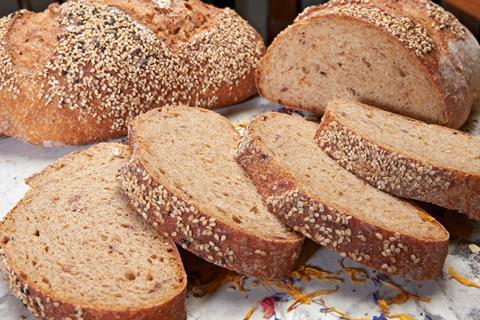



















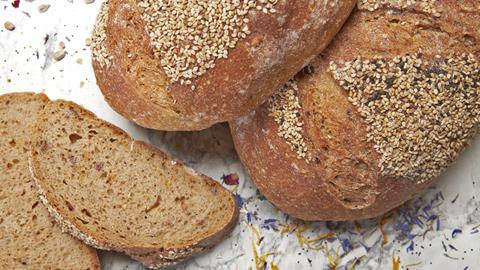
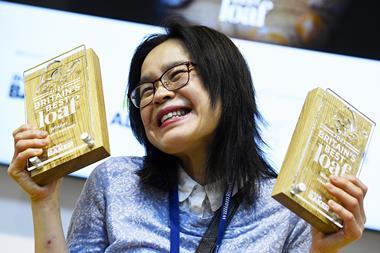
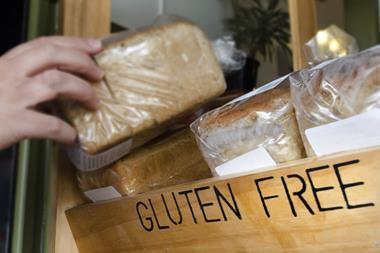
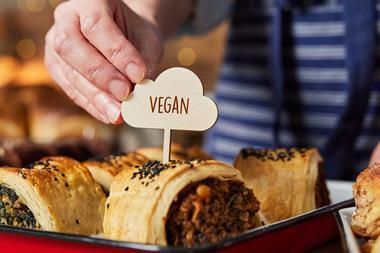
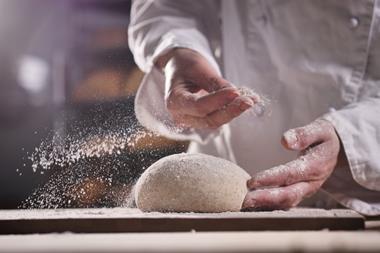
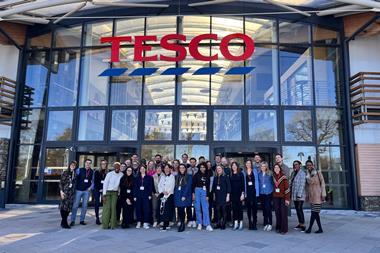

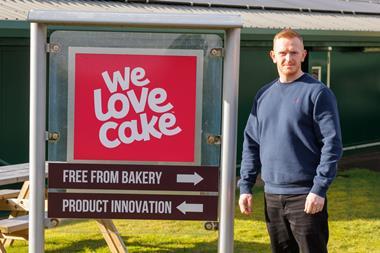
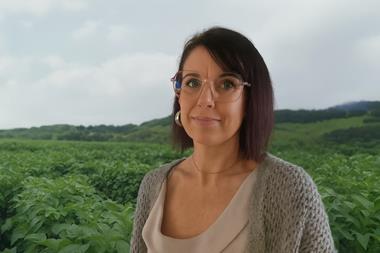

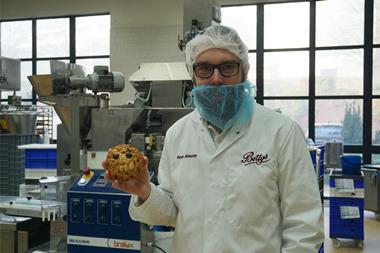

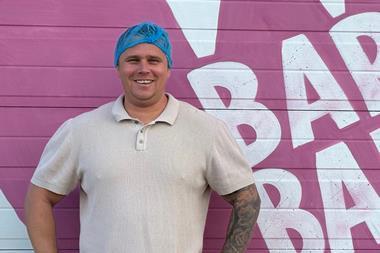

No comments yet